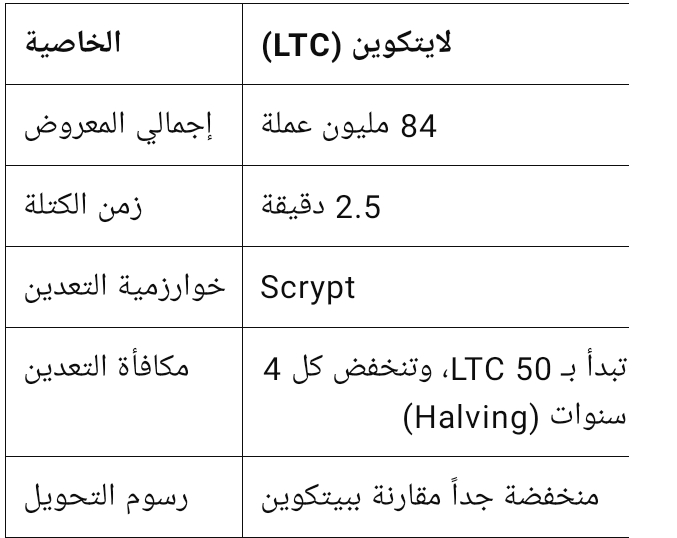
Litecoin is a cryptocurrency developed as a faster and lighter alternative to Bitcoin. Since its launch in 2011, Litecoin has been one of the oldest and most popular cryptocurrencies on the market. Under the symbol LTC, it is one of the currencies that contributed to the emergence of decentralized finance (DeFi) and blockchain technologies.
Origin and establishment
Release date: October 13, 2011
Founder: Charlie Lee, former engineer at Google and Coinbase
Primary goal: Improve transaction speed and reduce fees compared to Bitcoin.
Litecoin is built on the same codebase as Bitcoin, but with technical modifications that make it more efficient in some aspects.
Technical characteristics of LTC
The Scrypt algorithm is used instead of the SHA-256 used in Bitcoin, making mining more resistant to the dominance of advanced hardware (ASICs) in the project's early days.
Key Milestones in Litecoin's History
1. 2011 – Launch
Litecoin was launched as a modified version of Bitcoin to improve speed and efficiency.
2. 2013 – First price peak
LTC reached around $50, which was the beginning of a massive interest in it.
3. 2017 – Adoption of SegWit
Litecoin was one of the first currencies to implement SegWit technology to improve the data size of blocks.
4. 2017 – First Lightning Network transaction
The first successful trial of LTC token transfer using the Lightning Network was conducted, boosting investor confidence.
5. 2017 – All-time price peak
The coin reached a price of around $360.
6. 2018-2020 – Decline and Volatility
Prices declined along with the rest of the crypto market, but Litecoin maintained a top-ten position.
7. 2021 – Return to the Rise
The coin reached around $410 with the general market bull run.
8. 2023 – Halving the Third
The mining reward was reduced to 6.25 LTC, affecting its price and market supply.
9. 2024-2025 – Adoption of greater and new technologies
LTC has seen increased use as a payment method due to its low fees and speed, and has seen privacy technology updates via the integration of MimbleWimble.
Litecoin Market Performance (as of May 2025)
Currency price: ranges between $80-$110
Market value: between $6-8 billion
Global ranking: Often among the top 20 cryptocurrencies by market capitalization
Daily trading volumes: $300 million - $1 billion
Uses and applications
An accepted payment method in thousands of stores and online platforms.
International transfer tool due to fast transactions
An alternative option for investors looking to diversify their portfolios.
Challenges faced by the currency
Stiff competition from other currencies offering similar features such as Bitcoin Cash and Dash
Criticisms about the lack of development in some periods
Price fluctuations that affected the confidence of some investors
Future and expectations
Litecoin is expected to continue as a low-fee digital payment tool, especially after recent updates that have improved privacy and efficiency.
The integration of privacy features (MimbleWimble Extension Block) has enhanced its appeal to privacy-conscious users.
It is expected to play a major role in future payment and settlement applications, despite strong competition from new currencies.
Conclusion
Litecoin (LTC) has established itself as a pillar of cryptocurrencies for more than a decade, thanks to its reliable technical structure, speed, and low costs. Although it hasn't achieved the same popularity as Bitcoin or Ethereum, it remains a significant player in the digital market and a trusted payment method for a growing number of users.
